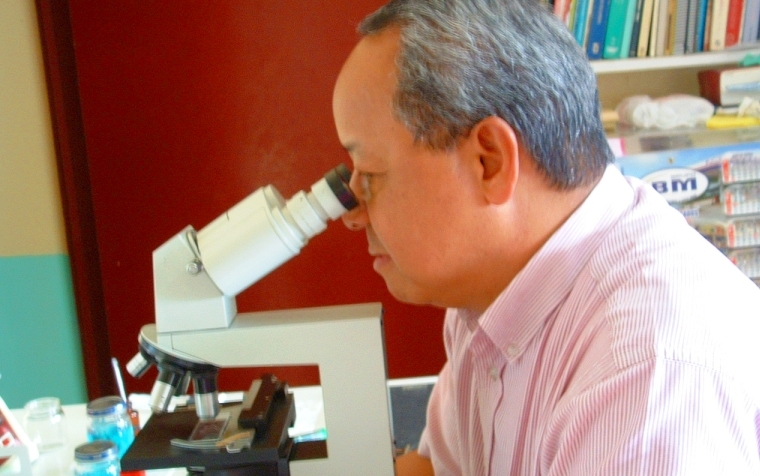
The Michael J. Fox Foundation (MJFF) for Parkinson's Research posted its 2016 year in review, sharing the progress made in Parkinson's disease research.
Among the successes of 2016 were improvements in therapies to control the disease's symptoms and progression and new information about Parkinson's patients' cells.
"Through our investment in building large datasets (such as in The Fox Investigation for New Discovery of Biomarkers or BioFIND and the Parkinson's Progression Markers Initiative or PPMI studies), we are now seeing this tipping point in PD research to enable us to redefine Parkinson's disease," Senior Vice President of Research Programs Mark Frasier said. "The first example of this was through our PPMI Data Challenge in which we offered a prize to researchers who addressed vexing questions in Parkinson's disease using the PPMI dataset. Multi-disciplinary teams of computer scientists, neurologists and biologists used sophisticated analytic approaches to uncover new insights to the disease."
The Foundation's primary mission is to speed the development of effective therapies to manage and stop the progression of Parkinson's. Researchers plan to conduct studies that target the proteins and pathways associated with the disease.
"In 2016, we accelerated our search for important biological markers of Parkinson's disease and made strides through our BioFIND study," Senior Associate Director of Research Programs Anna Naito said. "We reinvented our discovery approach by casting a wide net to uncover connections in blood, spinal fluid, saliva, DNA and RNA, which expedited discovery of critical markers involved in the disease process. We are working quickly to advance the use of these markers."
Parkinson's affects approximately 1 million people in the U.S. and more than 5 million worldwide. Symptoms of the degenerative neurological disorder generally appear at age 60 or older, although some patients are diagnosed as early as age 18.